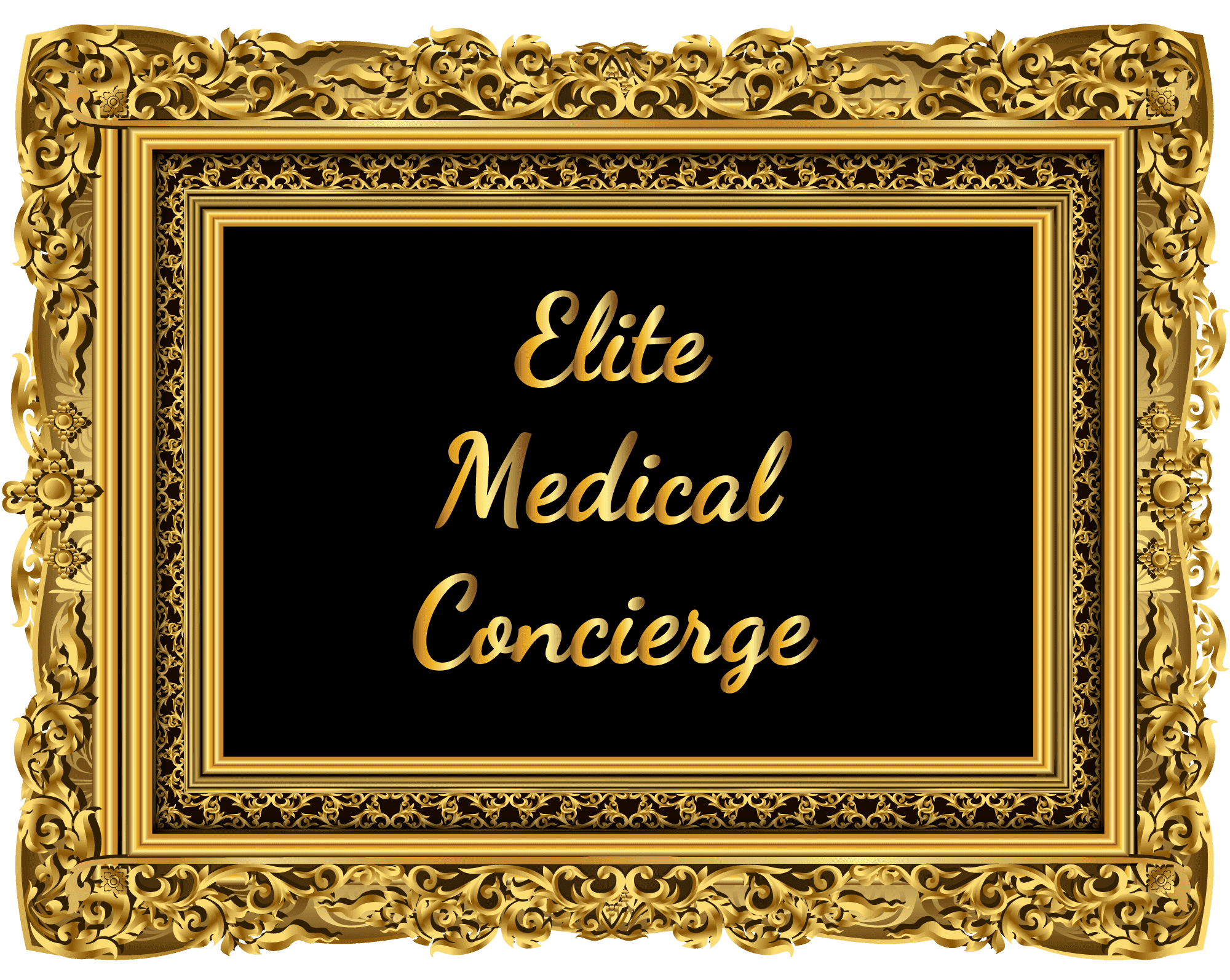Why Travel Medicine Is Essential Before Your Next Trip
Traveling to new destinations can be an exhilarating experience, but it also comes with its own set of health risks. Understanding the importance of travel medicine is crucial for ensuring a safe and enjoyable journey. Whether you're heading to a tropical paradise or a bustling city, being prepared with the right medical knowledge and vaccinations can make all the difference. In this post, we will explore why travel medicine is essential before your next trip, covering key aspects such as vaccinations, health risks, and preventive measures.
The Importance of Vaccinations
One of the primary components of travel medicine is vaccinations. Many countries require specific immunizations to protect travelers from diseases that may be prevalent in those regions. Here are some key points to consider:- Preventing Disease: Vaccinations can prevent serious illnesses such as yellow fever, hepatitis A and B, typhoid, and more. These diseases can have severe consequences, and vaccination is often the most effective way to avoid them.
- Entry Requirements: Some countries mandate proof of vaccination for entry, especially for diseases like yellow fever. Failing to meet these requirements can result in denied entry or quarantine.
- Herd Immunity: Vaccinating yourself helps protect others in the community, especially those who cannot be vaccinated due to medical reasons. This collective immunity is vital in controlling outbreaks.
Understanding Health Risks
Traveling exposes you to various health risks that you may not encounter at home. Understanding these risks is vital for your safety:- Infectious Diseases: Certain regions have higher rates of diseases such as malaria, dengue fever, and Zika virus. Knowing the risks can help you take preventive measures, such as using insect repellent or taking antimalarial medication.
- Food and Water Safety: Travelers' diarrhea is common, often caused by consuming contaminated food or water. Being aware of safe eating practices is essential, such as drinking bottled water and avoiding raw or undercooked foods.
- Altitude Sickness: If you're traveling to high altitudes, understanding the symptoms and prevention of altitude sickness is crucial. Gradual acclimatization and staying hydrated can help mitigate these risks.
Preventive Measures
In addition to vaccinations, there are several preventive measures you can take to protect your health while traveling:- Travel Insurance: Invest in comprehensive travel insurance that covers medical emergencies, including evacuation if necessary. This can provide peace of mind and financial protection in case of unexpected health issues.
- First Aid Kit: Pack a travel-sized first aid kit with essential medications, bandages, and other supplies. Having basic medical supplies on hand can be invaluable in case of minor injuries or illnesses.
- Stay Informed: Research your destination for any health advisories or outbreaks before you travel. Websites like the CDC and WHO provide up-to-date information on health risks in various countries.
Consulting a Travel Medicine Specialist
Before embarking on your journey, consulting a travel medicine specialist can provide personalized advice tailored to your specific travel plans:- Personalized Vaccination Schedule: A specialist can recommend vaccinations based on your health history and travel itinerary. This ensures you receive the necessary immunizations in a timely manner.
- Health Risk Assessment: They can assess your risk factors and provide guidance on preventive measures. This may include advice on avoiding certain areas or activities that pose higher health risks.
- Medication Recommendations: If you're traveling to areas with malaria, for example, they can prescribe prophylactic medications. This proactive approach can significantly reduce your risk of contracting diseases.
Staying Healthy While Traveling
Once you're on your trip, maintaining your health is paramount. Here are some tips to stay healthy while traveling:- Hydration: Drink plenty of water, especially in hot climates, to stay hydrated. Dehydration can lead to fatigue and other health issues, so it's important to prioritize fluid intake.
- Food Choices: Opt for freshly prepared meals and avoid street food if you're unsure of its safety. Eating at reputable restaurants can help minimize the risk of foodborne illnesses.
- Rest: Ensure you get enough sleep to keep your immune system strong. Travel can be exhausting, and adequate rest is essential for maintaining your health.
Returning Home Safely
After your trip, it's important to monitor your health for any symptoms that may arise:- Post-Travel Check-Up: Schedule a visit to your healthcare provider if you experience any unusual symptoms after returning home. Early detection of potential illnesses can lead to better outcomes.
- Report Illness: If you develop symptoms of a communicable disease, inform your doctor about your recent travel history. This information can help them make a more accurate diagnosis.
- Stay Informed: Keep up with any health advisories related to your travel destinations. This can help you stay aware of any potential risks that may arise after your return.
Conclusion
Travel medicine is an essential aspect of planning any trip. By understanding the importance of vaccinations, recognizing health risks, and taking preventive measures, you can ensure a safe and enjoyable travel experience. Consulting a travel medicine specialist can provide you with the necessary tools and knowledge to navigate health challenges abroad. Remember, a little preparation goes a long way in safeguarding your health while exploring the world. Taking the time to educate yourself about travel medicine not only protects you but also contributes to the well-being of the communities you visit. So, before you pack your bags, make sure to prioritize your health and safety for a memorable journey.
A Deeper Look at Personalized Health Management Plans and Preventive Care Through Concierge Services
Discover how personalized health management plans through concierge services can transform your healthcare experience, enhancing preventive care and improving patient outcomes tailored just for you.










